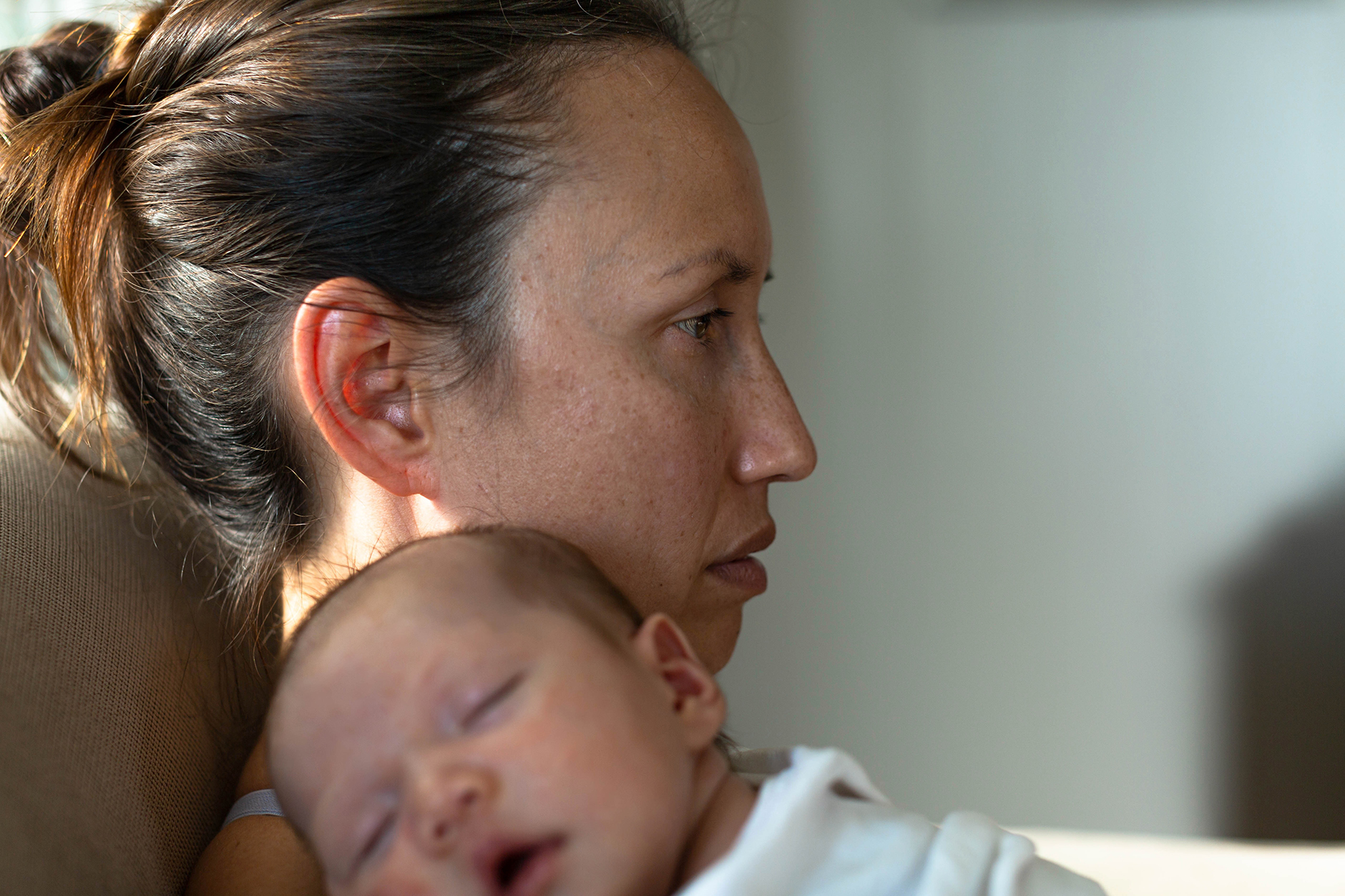The death of a spouse can be both emotionally and financially devastating. But there is help at hand for disabled widows and widowers.
Many Americans are aware that Social Security Disability Benefits are available to individuals who become disabled – and whose disability prevents them from working.
However not everyone knows that the Social Security Administration (SSA) also has a special benefits program for disabled widows and widowers, which allows surviving, disabled spouses to obtain benefits based on their deceased partner’s earnings record.
In this blog, we’ll be breaking down the benefits available to disabled widows and widowers and sharing our experience and knowledge of the application process. All in the hopes that we can get you the support you not only need but deserve.
“Not everyone knows that the Social Security Administration (SSA) also has a special benefits program for disabled widows and widowers, which allows surviving, disabled spouses to obtain benefits based on their deceased partner’s earnings record”

Am I eligible for disabled widow/widower benefits?
As a disabled widow/widower, you can receive benefits as early as the age of 50 – provided that you meet the SSA’s definition of disability and that your disability started before or within seven years of your spouse’s death (also known as the prescribed period).
That being said, there is one exception. If you are a widow/widower who is caring for the deceased worker’s minor child or children and receiving Social Security benefits on their behalf, the seven-year period of time does not commence until those payments end. Translation? You have an extended period of time in which to establish eligibility for disabled widow/widower benefits.
How does the SSA determine disability?
The SSA considers you disabled if all the following are true:
- You cannot undertake work and engage in substantial gainful activity (SGA) because of your medical condition.
- You cannot undertake the work you previously did or adjust to other work because of your medical condition.

- Your condition has lasted or is expected to last for at least one year or to result in death.
It’s not just about disability
While you most definitely do need to meet the SSA’s definition of disability in order to qualify for widow/widower disability benefits, the SSA will also take into account your deceased spouse’s work history – meaning that they must have earned sufficient work credits.
The number of work credits that needs to have been earned by the deceased individual depends on their age at the time of death. The younger the deceased individual was upon passing, the fewer work credits are needed.
How much could I receive?
The answer largely depends on your age when you apply for the disabled widow/widower benefits. The minimum amount you can expect to receive is 71.5% of the deceased’s benefit, while the maximum you can claim as a surviving disabled spouse is the full 100%. If you have worked in the past, you are more likely to be granted a greater payout.
“As a disabled widow/widower, you can receive benefits as early as the age of 50”

How do I apply for disabled widow/widower benefits
To start the application process, you must either contact the SSA by phone (800-772-1213) or schedule an appointment with your local SSA office – but you cannot apply for disabled widow/widower benefits by phone. You will be asked to provide documentation that includes:
- A death certificate or a notice from the funeral home
- Your own and your deceased spouse’s Social Security number
- The deceased spouse’s birth certificate
- Your marriage certificate
- Most recent tax forms
How can Sampson Dunlap LLP help?
As you can tell from everything we’ve outlined above, applying for disabled widow/widower benefits is a complicated and arduous process – and one that’s made even more difficult when dealing with both a crippling disability and the sheer pain and unimaginable grief of losing a spouse.
At Sampson Dunlap, we understand and we’re here to help. Our expert team will offer you compassion and support – as well as their knowledge, skills, and resources – to help you navigate the bureaucracy of the SSA and obtain your much-needed disabled widow/widower benefits.
You don’t have to do this on your own. We’re ready and waiting to put our successful experience to work for you and help make your life a little easier.

Stop struggling with a system that does not care. As experienced disability lawyers, we are here to support you to the very best of our ability. Don’t wait any longer. Take control of your life and speak to our friendly team today.


